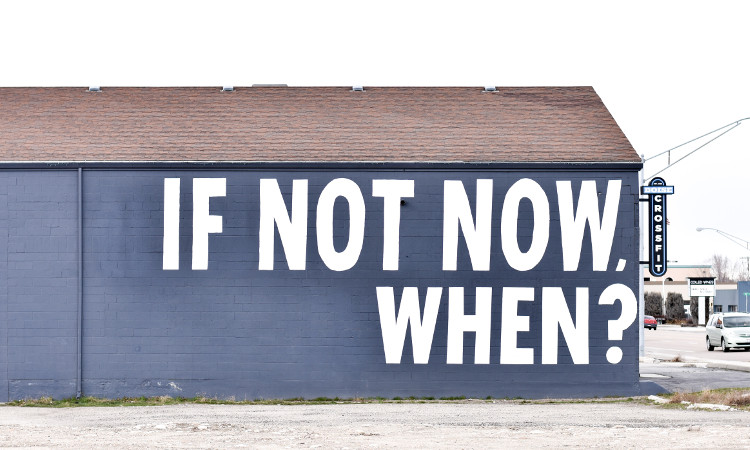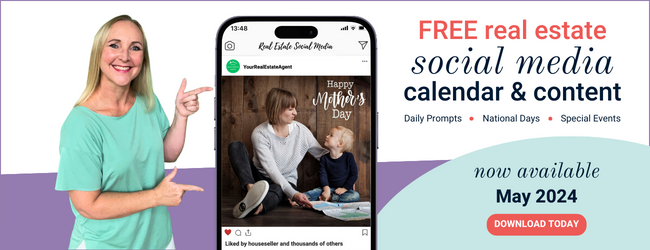If you were a guest, a nominee or a winner at this year’s REB digital marketing awards, you’ll be aware that it’s vital to have a formidable online presence. Of course, this is easier said than done. You need to consider many elements. These include a great social media profile, a website that’s accessible, mobile friendly and responsive ‒ and a recognisable, trusted brand.
In addition, be aware that you’ll need an ad budget for both social media and Google ads. The days of ‘organic’ reach (that is, not through paid advertising) are long gone.
Ecommerce businesses like eBay and Amazon have been around for close to two decades. In comparison, the real estate industry’s foray into digital media has been somewhat stilted. Now, three years after the first REB digital awards, Google and Facebook (as well as Instagram and LinkedIn to a lesser extent) are firmly on the real estate industry’s radar.
Many real estate businesses are reluctant to venture too far from the comforts of traditional marketing methods. Instead, they’re letting the portals dominate the online space. However, as geo-targeted data and local area marketing come of age, the real estate industry is realising the value of digital.
Real estate operators are gravitating to digital marketing and social media advertising methods more and more. However, this move is not without its challenges. The key is to understand what resources you need and what level of budget you need to allocate so that your digital dive is successful and delivers worthwhile, targeted leads.

Main challenges and obstacles to overcome
Committing to a budget: Often you need to make a significant upfront investment to get everything set up correctly. You’ll also need to commit monies to ongoing social media and online advertising.
How? Look at your total revenue or the revenue level you’d like to reach and calculate your marketing as a percentage. Allocate around 8% for one year’s worth of brand marketing. For example. if you are a $500,000 GCI agent then you expect to invest around $40,000. If you are a million-dollar GCI agent then you’d be looking at $80,000.
Convincing the board (or yourself) that the investment will yield results.
The challenge for many agents and principals is often the willingness to back and invest in yourself. Understand that, executed effectively, digital marketing will bring you a steady flow of leads. As well, a strong online presence makes it easy for people researching you (as part of the digital interview) to have peace of mind that you’re a highly skilled professional who knows what you are doing.
Understanding that digital advertising should not exist in isolation. Digital can do most of the heavy lifting but real estate is a people business. You still need to make sure that your digital marketing works in conjunction with your traditional methods.
Capturing and converting leads: Your digital marketing can do only so much. Once you have the leads, you need to make sure you have systems in place to take advantage of them.
How? For example, my team and I run lead generation campaigns on Facebook, Instagram, Google and LinkedIn for our clients. However, we realised that after passing these warm leads to the agency, they were not always followed up in a timely fashion. A high-quality lead will cost in the region of $20 to $40, so it’s imperative to follow up. We now offer a telemarketing service to speak with people who have enquired via our clients’ ads, so that they speak to a real human being before we pass the contact on.
Educating staff: It’s easier when you can show the full value and importance of our collective digital footprint to agents. In particular, we need to convince agents of the strength in numbers. What I mean by this is combining ad budgets and working together versus individual agents going alone with digital marketing.

Keeping abreast of the changes to the social media and advertising platforms. Google in particular refines its algorithm continually. The goalposts are moving all the time.
Allocating resources. There are many ways to manage your digital marketing. Your costs will depend on the model you choose, which could be any one of the following:
- Self-manage (agent, property manager or in-house admin staff).
- Use an in-house specialised creative team. Your in-house team usually comprises skilled marketers and, in many cases, in-house writers, designers, and videographers.
- Outsource to a social media marketer. Under this model, you pay a freelancer to help with content creation. Often these people come from a PR background and are not skilled in paid advertising. They focus solely on organic posts. This could result in many of your social media posts going unseen, or seen by only a handful of people.
- Subscribe to a property advertising platform. This gives you the benefit of a systemised approach to digital property campaigns. Some systems generate more than 70 different types of creative for your property ads. They can also promote your clients’ properties to a range of pre-set audiences. There are more than a dozen players in this AdTech space but which to choose? I’ve done the research for you and will be sharing this via an event in November. Come join us!
- Engage a digital coach. A coach helps you learn more about social media advertising. You’ll learn how to map your database to social media channels and how to grow your own advertising audience across multiple platforms alongside run paid advertising campaigns.
- Engage a digital marketing agency. Your marketing agency will provide multiple skilled creative resources, sourcing the right professional for the job on your behalf, devise a digital marketing strategy, oversee an annual content program, and manage a digital media advertising budget. This agency also will target ad audiences in a more sophisticated way.
- Combination of the above. In this model you’d use a property advertising platform in conjunction with a digital agency. You would use the ad tech platform for systemised property campaigns; the agency helps with brand strategy. This might include social media setup and training. Many real estate agencies now run additional content programs as well as paid digital marketing campaigns to promote their businesses.
Digital is a moving target
As a digital professional with more than 20 years of technical expertise, I understand it can feel near-impossible to stay abreast of the continual changes and updates to the social media and advertising platforms.
In my business, I see the number one challenge for real estate professionals is finding the time to create content, schedule posts and run ads. Without professional help (in my experience), most end up with inconsistent branding and failed campaigns. Most importantly, running your own digital media takes time away from what you do best – property transactions!


Join the Conversation - add your thoughts